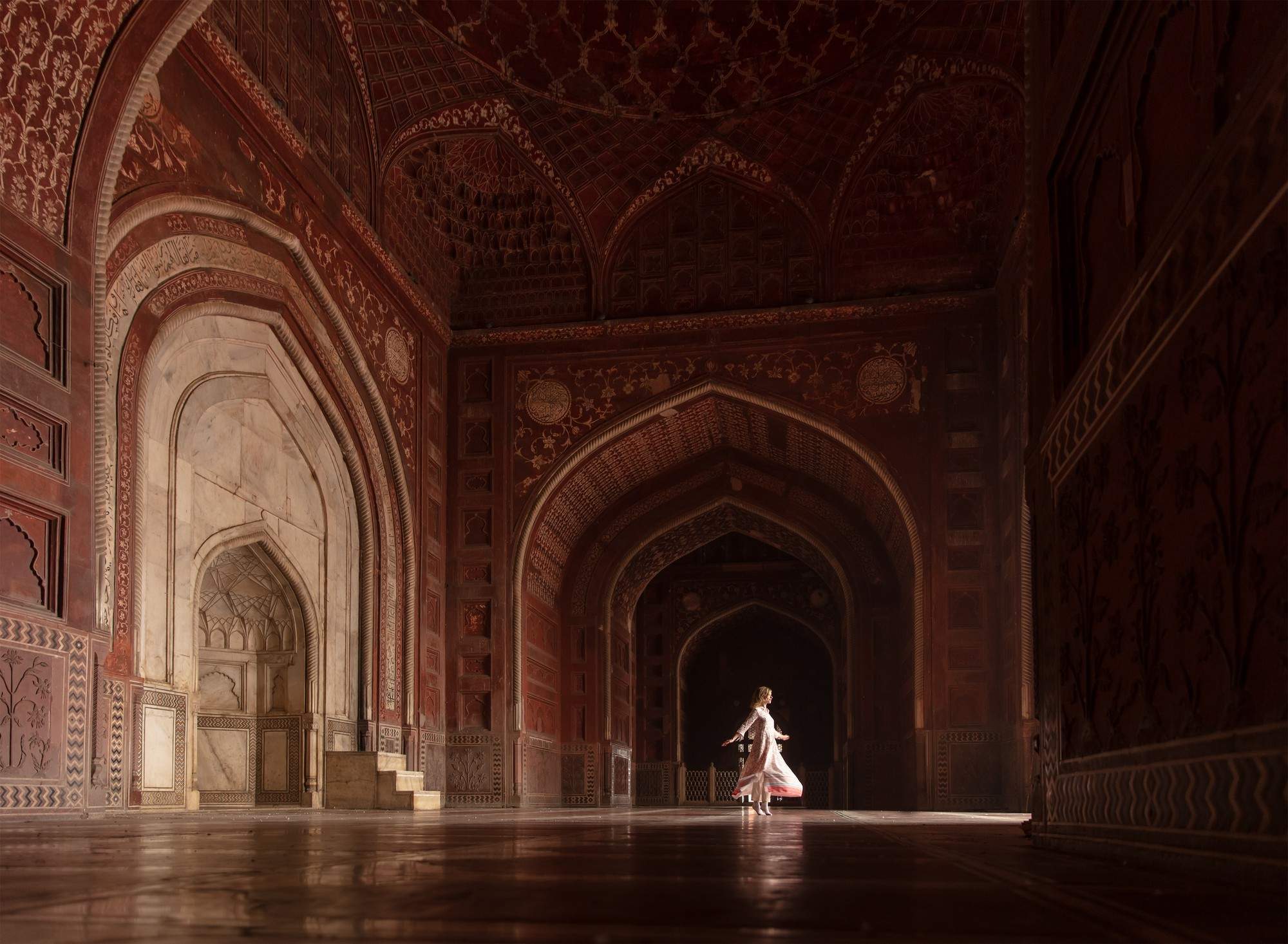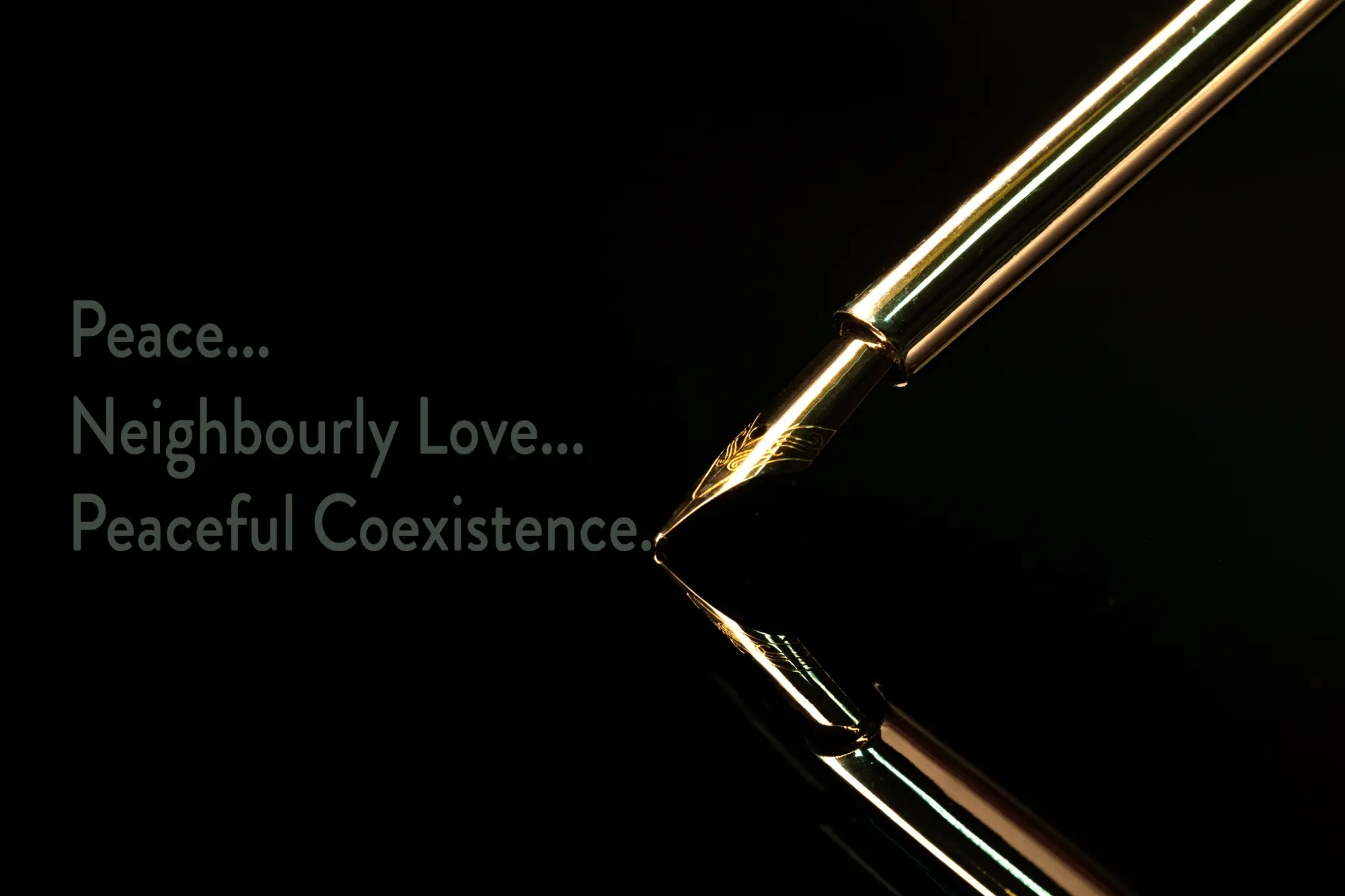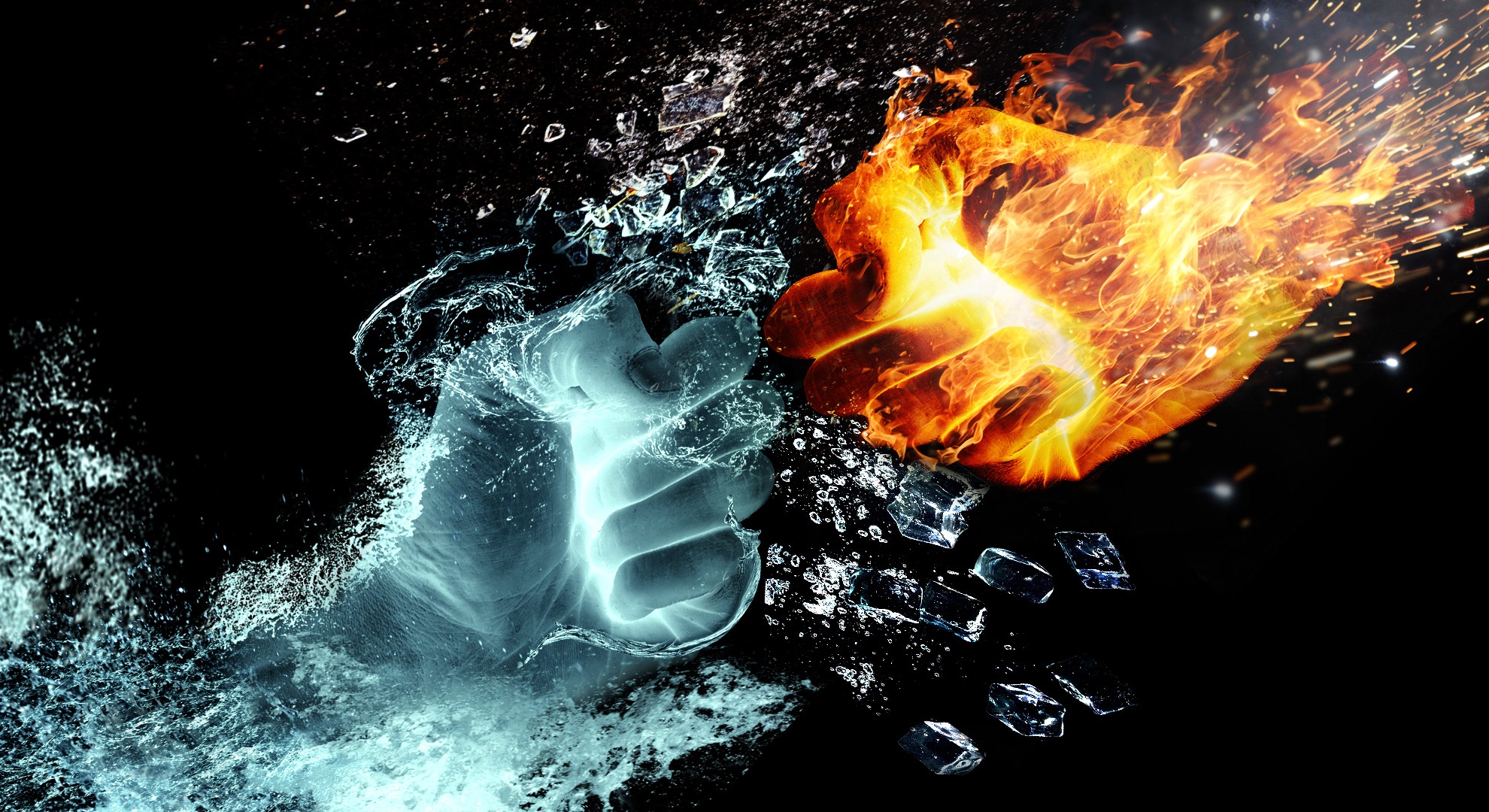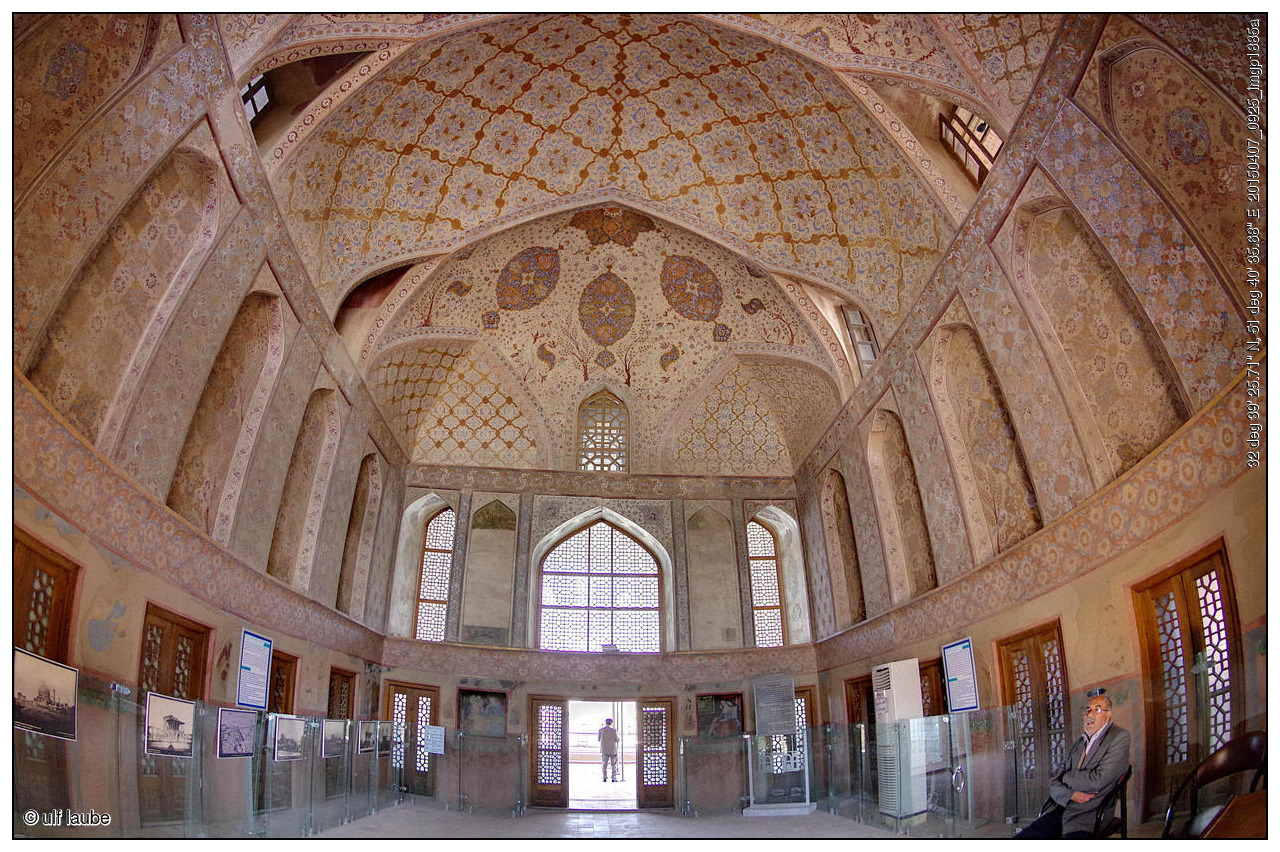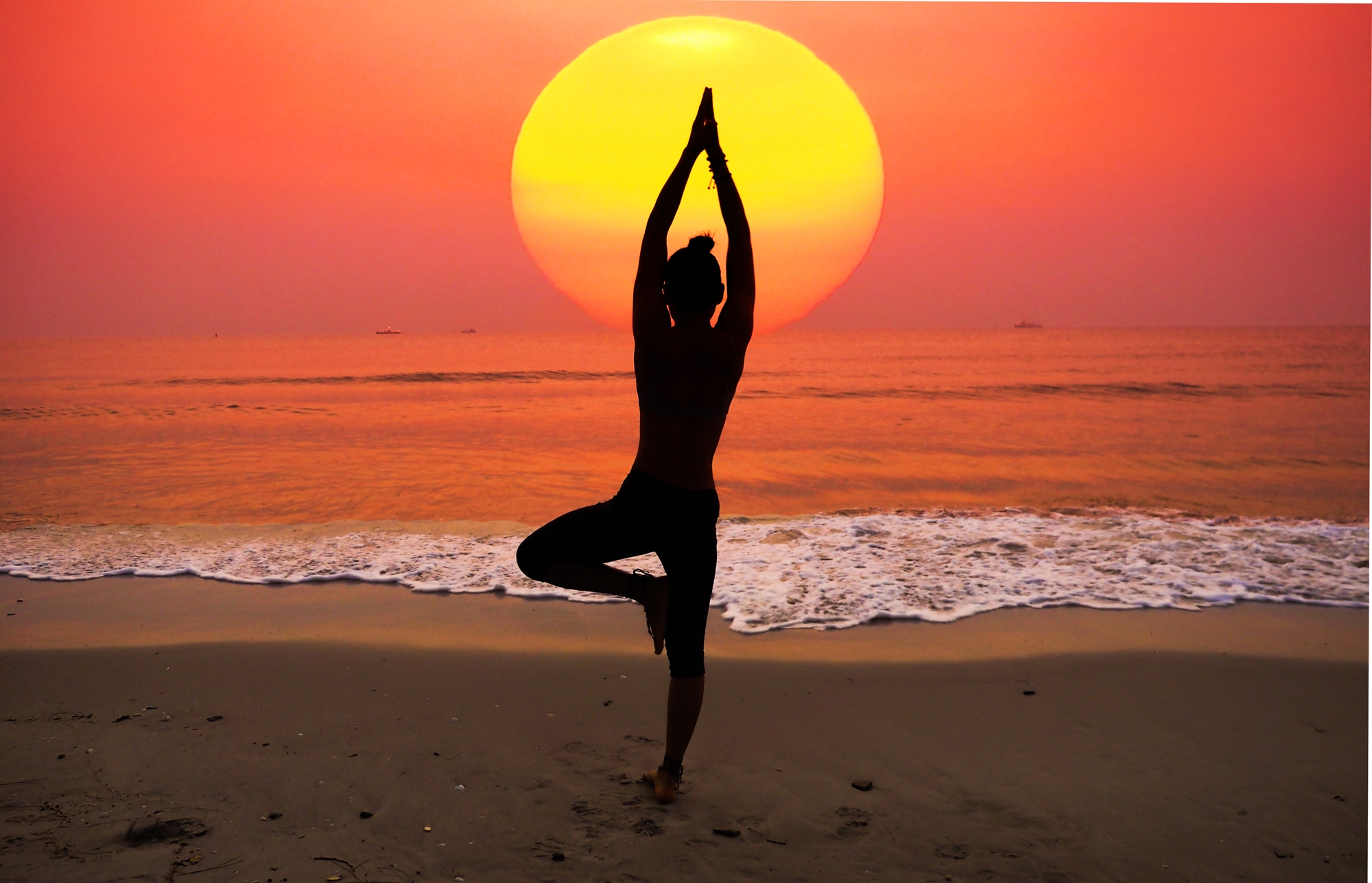
Money seems similar to power: It corrupts… sometimes. I think the basic principle is the same as in other parts of life:
it depends on the perspective, on how you look at it.
Someone put it very nicely with these few words:
“If you believe it, it must be true.”
For some of those that read my blog, this is not news.
But I feel this to be an essential part of human life, indeed mankind and its history depend to a great extent on money and what it represents or means to different kinds of people.
Basic Concepts
The most important concepts in regard to money to me are: power, appreciation, wealth (and what it can buy as regards luxury).
Dignity.
Appreciation and Dignity
Appreciation as well as dignity go together in this context: Many people exist who will accept and even admire someone who’s got lots of money.
In turn that person feels respected and draws on this apparent respect for their sense of self-esteem. And the term that is closely connected, even a synonym, is the idea of dignity.
Dignity
The idea deserves a closer look: Dignity is the sense of any person they can have of themselves as being ‘respectable’ and ‘good’, therefore respected and part of the community around them.
And so, if dignity is forfeit, or seems to be, some people can react extremely aggressive and even cruelly towards those they hold responsible for that loss.
Find Distinctions
I would like to differentiate more, to ultimately make independence easier: We may be dependent to some extent on others, for money, for respect and thus simply their support.
But the dignity we retain always also depends on how we look at ourselves.
Money and Dignity?
If we connect these two ideas in a direct relation, namely: ‘money equals dignity’ and then at the first hint of losing money are convinced we’ve lost our dignity in the eyes of the world, this will be true.
Independence in Your Mind and Your Being
Again:
“If you believe it, it must be true.”
As long as you believe that money equals dignity, this will be true.
This is another way of saying that there are always two sides to this coin:
What others think about us.
What we think about ourselves.
And if we find others to be right in this view, this perspective on us, then they will gain power over our thoughts, our reactions and ultimately we may lose our free will.
Money and Values
Self-respect or self-esteem are crucial for being aware of eternal values and living them. And the sense of our dignity translates into these two.
So, to become truly independent of all the dark sides of the want of appreciation or self-respect or dignity, such as greed, cruelty and selfishness, find out about the dignity inside.
Dignity Inside
So, I encourage again, once more, all who read this:
Look carefully into your heart – and find the dignity and appreciation in there, the part that is not dependent on anything the outside world could ever believe.
If you can do that, no one will ever ‘mess with your head’, they will not have power over you, because you have it over yourself. First and last.
